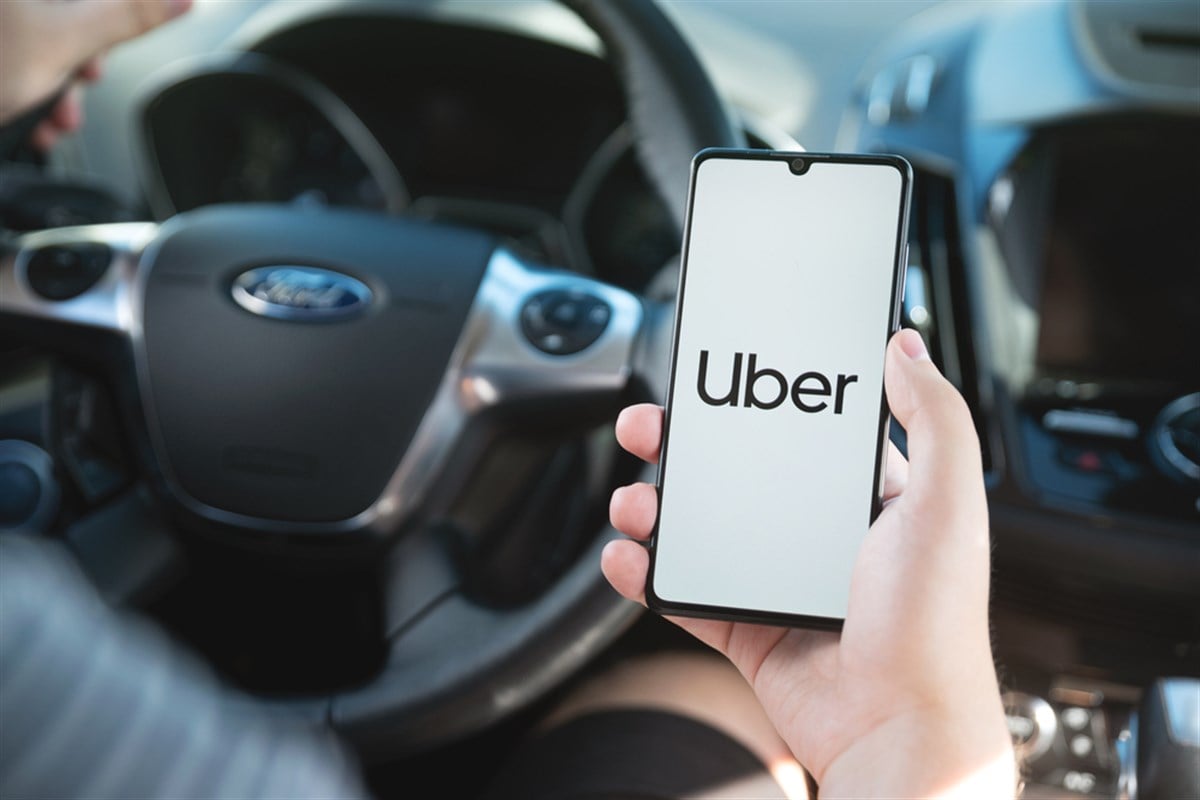
Tesla Inc. (NASDAQ: TSLA) presented its much-anticipated 'We, Robot' robotaxi event in mid-October, but investors left with more questions than answers. The EV maker saw its shares drop by 8% the day after the unveiling as analysts criticized a lack of detail in timelines and other information surrounding a future rollout of additional autonomous vehicles and related services. Critics said that the supposedly autonomous robots were actually remotely controlled by human operators and that the event seemed removed from what is realistically achievable in the near term.
To make matters worse for Tesla, the National Highway Traffic Safety Administration has opened a new probe into autonomous driving technology used in about 2.4 million Tesla vehicles following a series of crashes. The probe could eventually lead to a recall of those vehicles.
Ironically, rideshare giant Uber Technologies Inc. (NYSE: UBER) may be the greatest beneficiary of the We, Robot event. Analysts favor the firm with a Moderate Buy rating and upside potential of nearly 12% based on a consensus price target of $88.51. By contrast, Tesla currently has a Hold rating based on 38 analyst evaluations and a downside potential of 4.5%.
Stock Price Divergence and Expansion Plans
Uber shares have spiked by 5% in the last month, though that is after declining a bit in recent days. In the day following Tesla's event, Uber stock jumped upward by about 11%, nearly as much of an increase as Tesla stock's decrease. Overall, Tesla shares are down 9.5% in the last month.
Investors may have gained renewed confidence in Uber's short-term success as it became clear that Tesla was not, in fact, on the cusp of revolutionizing the taxi industry. This means that Uber can continue with its current business model and does not face an immediate need to revitalize completely in order to keep pace with Tesla.
Furthermore, Uber's business model does have a lot going for it. The company is on pace to generate nearly $11 billion in free cash flow by 2027. This would provide ample flexibility to pursue expansion through one or more major acquisitions. Uber has already signaled its interest in this approach, as news broke in mid-October that the rideshare service has recently considered making a bid to acquire travel booking site Expedia Group Inc. (NASDAQ: EXPE).
Uber is in an advantageous position in that it could use acquisitions to expand in a number of directions. For example, though CEO Dara Khosrowshahi previously served in the same role at Expedia—providing a natural link between the two companies—some analysts have speculated that current regulations might favor an expansion toward grocery delivery.
Uber and the Move Toward Autonomous Taxis
Tesla's We, Robot event also confirmed the company's apparent intention to go it alone in working to build this technology. This approach is high stakes, as it means that any issues with regulation, scalability, supply chains, and so on will have to be addressed internally. On the other hand, it also offers the potential for a significant reward. If Tesla is the first to achieve success with so-called Full Self-Driving (FSD) software for taxis and similar services, it will be in a unique position to achieve a monopoly over a burgeoning industry.
On the other hand, Uber is not limited to working with a single company. As a rideshare app provider, it is not in the business of developing vehicles or FSD technology. Instead, it can work with a number of different manufacturers to integrate technologies and services as they become road-ready.
Uber's Strength in Core Markets
Uber's core market position is strong, reflected by analyst expectations that the company is likely to see 112% earnings growth in the near future. Its earnings have beat predictions recently and appear likely to do so again. Its broad geographic range and diverse mixture of business lines provide insulation against potential regulatory hurdles and geopolitical turmoil.
And, perhaps most notably in recent months, it seems unlikely to have to face a seismic challenge to the rideshare ecosystem from Tesla's autonomous taxis. Investors who are wondering whether Uber or Tesla is the better buy for now may wish to consider all of these factors.






